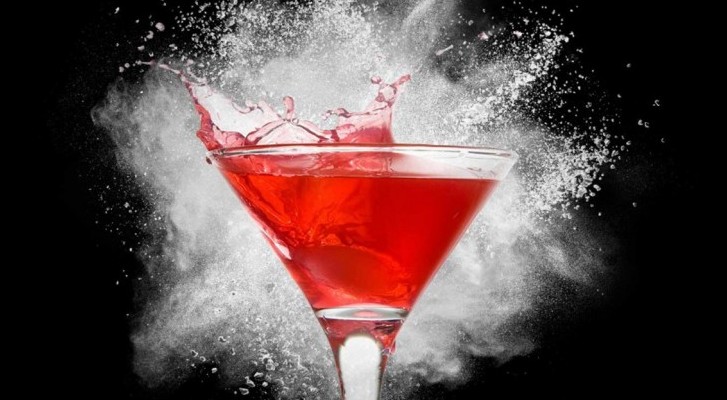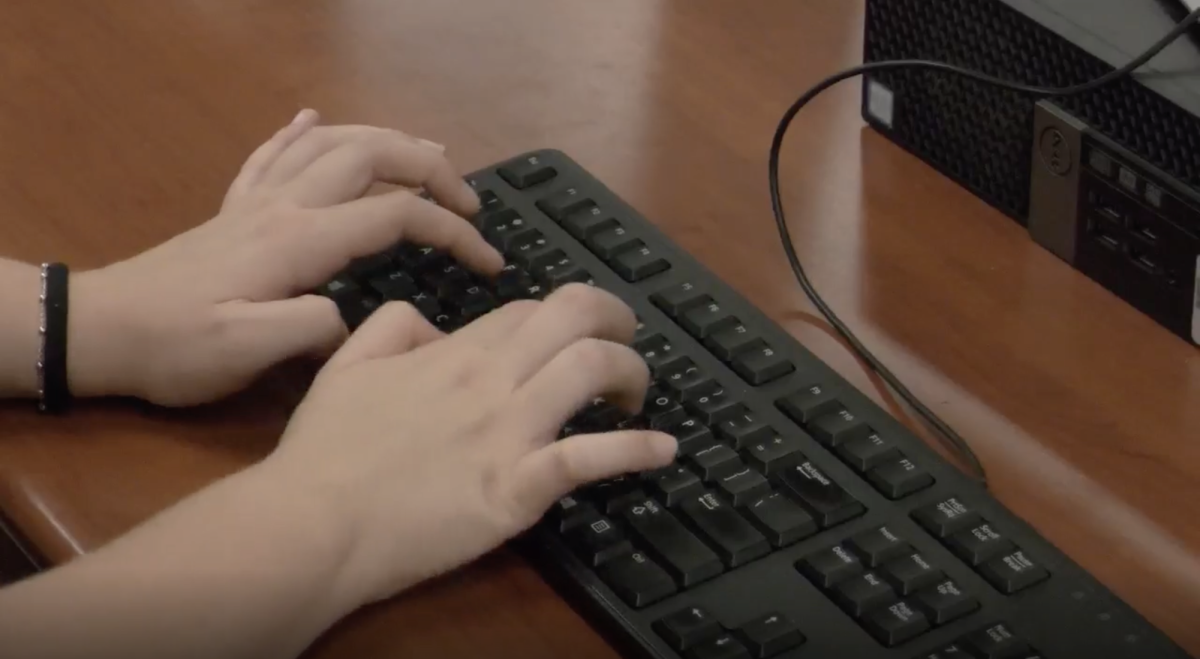Powdered alcohol, commonly known as Palcohol, has finally been government approved after being denied in 2014 over issues regarding the product’s label.
The Tax and Trade Bureau (TTB) approved Palcohol March 10, and it can now be legally sold in the United States, though it will not be sold in public until this summer due to the safety concerns of multiple states.
Louisiana, North Carolina and Vermont are a few of the states banning the powdered beverage. Other states, including Pennsylvania, Virginia and Massachusetts, have proposed obstructive legislation.
Those opposing Palcohol argue minors may easily be able to abuse the substance since it comes in small packaging.
USM students voiced their opinions on Palcohol and how it may or may not affect the safety of younger generations.
“I think it’s a bit outrageous to have,” said Kimberly Godbold, a junior nursing major. “I mean, we already have powdered drugs such as cocaine, and I think it’s just a bit much to have alcohol that’s powdered.”
Godbold said that students may abuse the drug by using it in unintended ways.
“I do think they will try to abuse it and use it the wrong way — snorting it,” she said.
Michael Titus, a junior media production major, said that Palcohol is perfectly safe since it is the same as liquid alcohol, and that whatever mishaps occur regarding the drug will only be fads that should not be worried about.
“If it has the same side effects as regular alcohol, I don’t think it will be any more dangerous. I just think it will start a new epidemic,” Titus said.
“I do think students will abuse it because since it’s powder they will probably pack it into (plastic) bags and take it on trips. Transportation would be the only lightbulb moment when it’s like ‘OK, I can abuse this.”
Some students felt that it is alright to use Palcohol as long as individuals educate themselves first.
“I think it’s an interesting idea that students should read into before deciding to try it,” said Kristen Barkman, a senior communication major.
“It doesn’t seem to be harmful, but it’s better to educate yourself. I hadn’t even heard of it until now,” Barkman said.
Alcohol education classes are one solution, but students feel that they would not make a big enough impression on the community.
“I think the best way to educate them would probably be to have billboards and fliers,” Godbold said.
“(There are) so many students that you really can’t reach out to each and every one, so if you have something that everyone can see, you can educate everyone that way.”






























